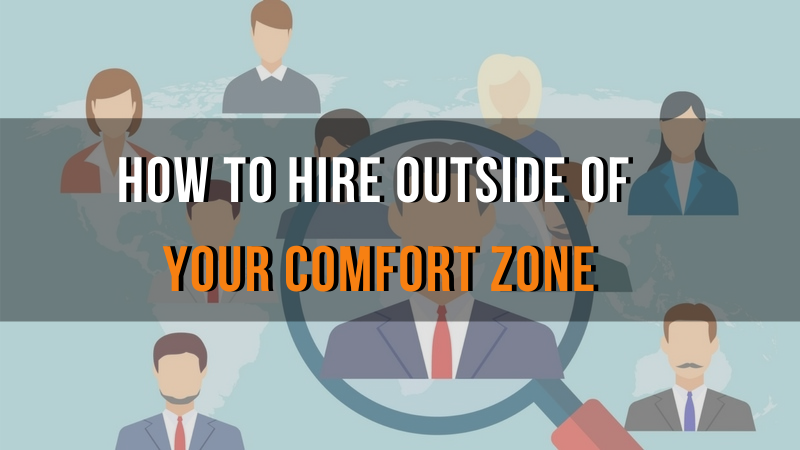
Everyone wants to hire the perfect employee, but the question is, how is perfect defined? Is the ideal hire the person who has these 3 certifications, and 5 years of experience in one specific role only in a defined vertical? Chances are that’s how you’ve written your job description, but you are limiting your options by not casting a wider net and start looking at so-called “under-qualified” candidates.
Here are 6 key reasons you should be considering candidates who, on the surface, don’t meet all your specs.
1. Under-Qualified Doesn't Mean Unqualified
To clarify, ‘under-qualified’ doesn’t necessarily mean someone who can’t do the job, who doesn’t possess the skills you need. It can also mean someone with years in the workforce in a different vertical. There are incredibly qualified people who, on paper, may not match your job description, but who in practice are perfect for your company. You run the risk of missing out on valuable talent who have the potential to be amazing employees.
2. Different Experience
Just because someone doesn’t have the experience you want, doesn’t mean they don’t have experience. It may turn out that the experience’s they do have could be a boon to your organization, and help them excel in your open role.
The experiences and skills of such a candidate could provide a new perspective for your organization. Fresh eyes, and new ways of doing things that no one else has could provide varied and more productive activities for your company.
3. Building from the Ground Up
Hiring someone who doesn’t have the skills you are looking for actually provides you with an opportunity. They won’t come into your organization with habits or expectations that things be done a certain way. They’re eager to learn how you do things, and how your industry works. They’ll learn company specific systems and skills, which when combined with the skills that they are bringing, can make for an invaluable addition to your organization.
4. Cost
A component of salary tends to be how much pertinent Less experience means less market value or proven track record, which means a lower starting salary. Of course, they should expect, and you should provide, a higher salary if and when they start to perform at the level. This should hopefully have the added benefit of driving them even harder to prove themselves.
5. More Drive
We know that the most productive employees are those who feel challenged and supported. Chances are that someone who is moving into a new space, who is being trained up and given all the necessary supports to succeed will be a long lasting employee. Remember, you are hiring not only for their qualifications, but also for cultural fit.
6. How to find the good ones
If you are working with an outside recruiter, trust them to know what constitutes a good fit for your company. They have the breadth of experience and contacts to know who has the qualifications you need, even if they don’t have the direct experience you were requiring.
Look for candidates who are excited to get into your field, and understand that they need to prove themselves.
Look to parallel fields, and consider what positions might prepare someone for the transition into your space. A good example of this this is how the music industry acts as a feeder for AV/IT companies.
Looking past the job description can open up many exciting possibilities, and serve to enrich your company with a good deal of dedicated and resourceful talent.




